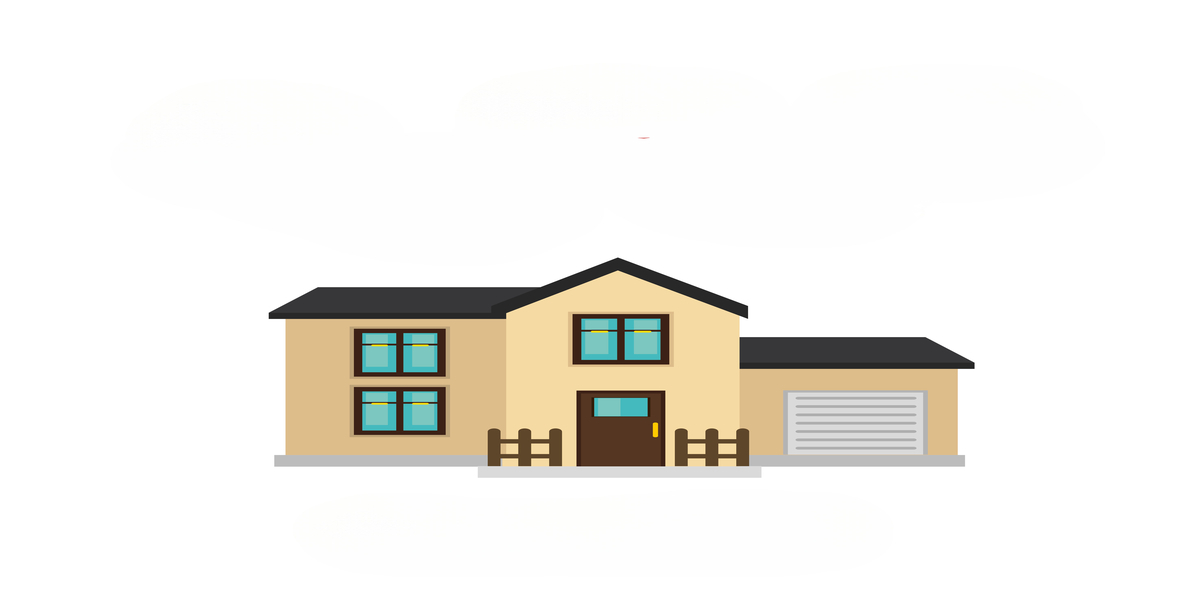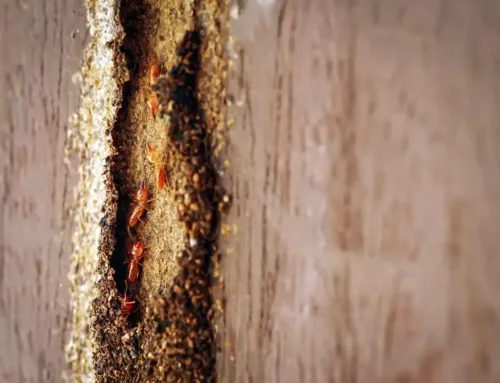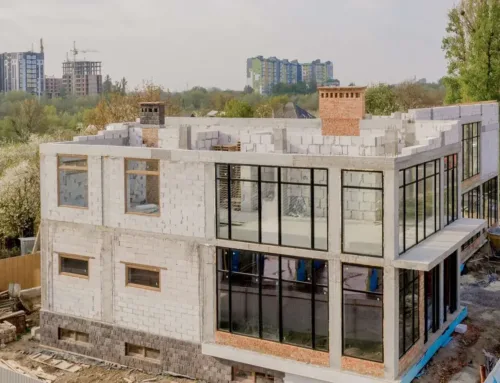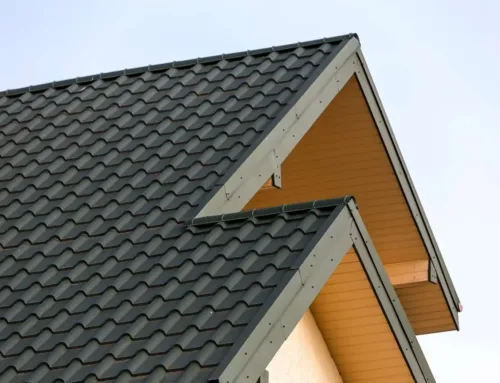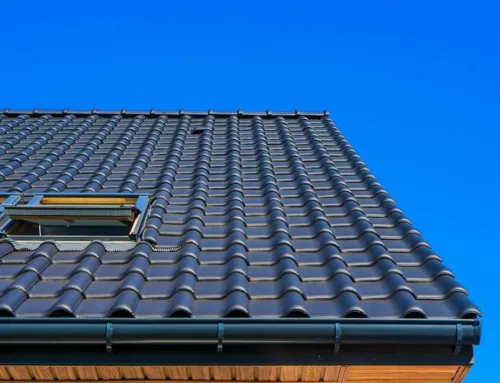Buying a home is a once-in-a-lifetime thing for many buyers. Which means it’s the biggest financial decision you could ever make. That’s why it’s important to know its condition inside and out. Before you sign a legally binding contract.
By conducting different types of home inspections, you can gain insight into any issues or defects – lying already or may potentially rise after you move in. A home inspection saves you there. It is an objective and unbiased assessment of your home. To ensure you don’t take on unexpected problems.
It’s not compulsory that you get a full-service package through a standard home inspection. Although it’s recommended so you can know each corner in one go.
But if you want to take home inspection types one after the other, you can. For instance, if you suspect a roofing issue, you can start with a roof inspection first. You can also ask for a thorough home inspection covering all areas.
Elite Inspections will take you through each…
Specialized Types of Home Inspection Buyers Can Conduct
There are several types of inspections you, as a buyer, can request. It’s beyond the typical residential home inspection. These home inspection types allow you to look deeper into areas of concern. The types of inspections in Orange County include termite, mold, roof, plumbing, electrical, and many more. Let’s talk about all types of home inspections in detail.
Roof Inspection
A roof inspection is done by qualified roofing inspectors. To evaluate the condition of the roof system on your home. During a roof inspection, they will examine all elements of your roof. Including the roof covering, flashings, drainage system, skylights, and chimneys.
The roof inspector will look into these important elements.
Roof Covering Material – The inspectors will examine the material of the roof covering, whether it’s asphalt shingles, wood shakes, or tiles. They’ll look for cracked, loose, missing, or damaged shingles or tiles. Also, examine the general wear and lifespan left.
Flashing – The specialized roof inspectors will examine the condition of the flashing. That exists around chimneys, vents, valleys, and roof edges. They’ll check if the flashing has proper water sealing.
Drainage System – The inspectors will ensure your roof has proper drainage. So, water may move off the roof, and the gutters are clear. They will look for any signs of standing water or ponding issues.
Vents and Skylights – The roofing inspectors also examine the ventilation systems in the attic and skylights. They ensure that they are properly installed. And also check them for any leaks.
Chimneys – Your inspectors will examine the physical condition of your chimneys. They will look for any cracking, spalling, proper flashing, and mortar deterioration.
Underlayments – The roof inspections also cover areas like decking, underlayments, and attic for proper insulation. They’ll check if there are any signs of moisture intrusion.
You can expect several benefits from a roof inspection. Like you get to catch roof problems early on before they expand and turn into major repairs. Moreover, you can evaluate your roof’s lifespan. The roofing Inspectors will also determine the age of your roof. So you can infer how many years it may have left.
These inspections also verify proper installation. You might know that when the roof is not installed properly, it causes problems like water leaks. That’s why inspectors ensure your roof has proper sealing.
Roof inspections also give you leverage to negotiate roof repairs or property prices.
Termite Inspection
A termite inspection is conducted to check for any little intruders. That can impact your family’s health and home’s marketability. Professional termite inspectors check for any wood-destroying insects that feed on wooden structures like windows, framing, doors, furniture, and more.
They will trace whole termite colonies and their entry points. To save you and your family from structural damage. Here are some of the areas inspected for termites’ presence.
Foundations – The termite inspectors will look for termite tubes or damage in concrete foundation walls and wood boards.
Framing – The inspectors will look for hidden termite infestations in wood framing. They will look into areas like floor joists, roof rafters, and decking.
Baseboards and Trim – These are specific areas where wood trim meets walls or flooring. The inspectors pay special attention to them as they are the potential homes for termites.
Attics – The inspectors check attics, roof rafters, trusses, and decking for any termite damage or mud tubes.
A termite inspection results in several benefits for home buyers. For instance, it detects hidden infestations. Termites can cause damage that is out of your sight. The termite inspections find hidden activity in walls or wooden structures. And bring it to light.
It also prevents major home damage. When you find termites ahead of time through termite inspections, you save yourself thousands in repairs.
Mold Inspection
A mold inspection is done to test your home for the presence of mold growth. The inspectors would take surface, air, and material samples for proper analysis. They will identify if the mold type is toxic. Or to what extent has the mold been expanded?
The professional mold inspectors will examine the following high-risk areas for mold.
Bathrooms – the mold inspectors will check for hidden moisture and mold in showers, sinks, ceilings, floors, and walls.
Basements & Crawlspaces – the inspectors examine the floors, walls, and pipes of the basements and crawl spaces. They’ll look for dampness, leaks, or moisture intrusions that can lead to mold.
Attics – the inspectors look for mold growth in your attic areas. They also examine insulation and roof sheathing to collect air samples.
HVAC System – the inspectors look for mold in your heating, ventilation, and cooling system. They will check the air ducts, air filters, and insulation around vents.
Kitchens – the inspectors will look for mold growth around sinks, dishwashers, and refrigerator drip pans.
A mold inspection provides several benefits for home buyers. This may include the on-time detection of unseen mold issues. The inspections uncover hidden mold behind walls or under materials. The inspectors identify toxin-producing mold. They confirm whether it’s dangerous black mold or any other type of toxic mold.
The inspectors assess the extent of mold growth. They give you a clear understanding of how much the mold has been expanded. Thus, it reduces any health risks by identifying and removing mold from your place.
Ultimately, whatever the types of home inspection they are, they give you leverage. In this case, you can request the seller to pay for professional mold remediation.
To Sum It Up
When investing in a home – comprehensive due diligence is a must. That’s where home inspections come in. Besides a typical inspection, we suggest going for specialized types of home inspections.
We discussed roof, termite, and mold inspections along with their benefits and areas covered. Be proactive and take steps to protect your home from potential issues we discussed. Scroll through our blog section to learn more about inspections.

